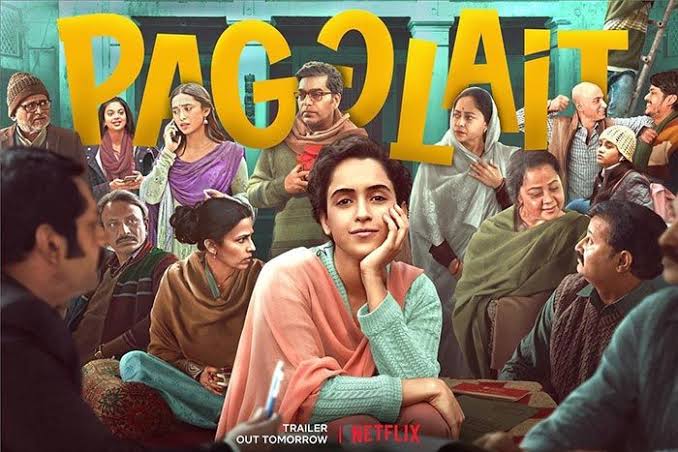Reforms have opened up highly censored media landscape, but gov’t is accused of rolling back some of those freedoms. Last year, Ethiopia jumped 40 places up the World Press Freedom the World Press Freedom Index
Addis Ababa, Ethiopia In awarding the Nobel Peace Prize to Ethiopia’s Prime Minister Abiy Ahmed, the Nobel committee earlier this month praised his “discontinuing media censorship” among a series of achievements during his first 100 days in power in 2018.
These included the lifting of the country’s state of emergency, the release of thousands of political prisoners, the legalisation of outlawed opposition groups, the tackling of corruption and the promotion of women in politics.
PM Abiy Ahmed warns Ethiopia ethnic violence could worsen Ethiopian activist calls for calm after 16 die in clashes
The freeing of detained journalists and bloggers, along with an end to the blocking of more than 260 websites and the restoration of access to media outlets forced to work in exile, resulted in Ethiopia jumping 40 places in the 2019 World Press Freedom Index compiled by Reporters Without Borders from 150 out of 180 countries to 110, the largest leap by any country.
But the outbreak in Ethiopia of violent protests last week more than 60 are estimated killed in clashes across the Oromia region, and in the cities of Dire Dawa and Harar in eastern Ethiopia is fuelling ongoing questions about whether such new media freedoms are being abused to stoke ethnic tensions.
At the same time, the government is facing increasing criticism for repressing media and repeating the authoritarian ways of previous Ethiopian governments, including the ongoing implementation of a controversial Anti-Terrorism Proclamation to stifle dissent and gag journalists, including by imprisoning them.
According to an April statement by the Committee to Protect Journalists, the challenges that remain for Ethiopian media include the risk of attack and arrest, especially in restive regions; attracting advertisers in a market where businesses are wary of being seen to support critical publications; accusations of sowing divisiveness; and the proposed new media and anti-hate laws that could curtail media’s newly found freedoms.
Shortly before last week’s protests broke out, Jawar Mohammed, a highly influential and controversial activist who also runs the Oromia Media Network, posted on social media that his house in Addis Ababa had been surrounded by police officers.
Jawar alleged that police tried to remove his security guards assigned by the government following his return from the United States after Abiy lifted previous bans on opposition groups. In response, hundreds of young Oromo men soon gathered around Jawar’s house proclaiming allegiance to him, followed by further demonstrations spreading in other parts of Ethiopia.
The ensuing violence has seen Jawar heavily criticised and accused of inciting conflict, while his supporters argue he played no direct role in demonstrations that were a spontaneous response to a government campaign endangering his life. Police officials said no measure had been taken against Jawar either by the government or the police.
“The problem now is that so many individuals are mixing up the roles of activist and media when they shouldn’t go together media is meant to have its own ethics and rules,” Abel Wabella, managing editor of the Addis Ababa-based newspaper Addis Zebye, said during an October 19 media forum in the capital to discuss the challenges faced by the media, and its role, in the country.
~ Muskan Katoch









0 Comments